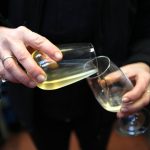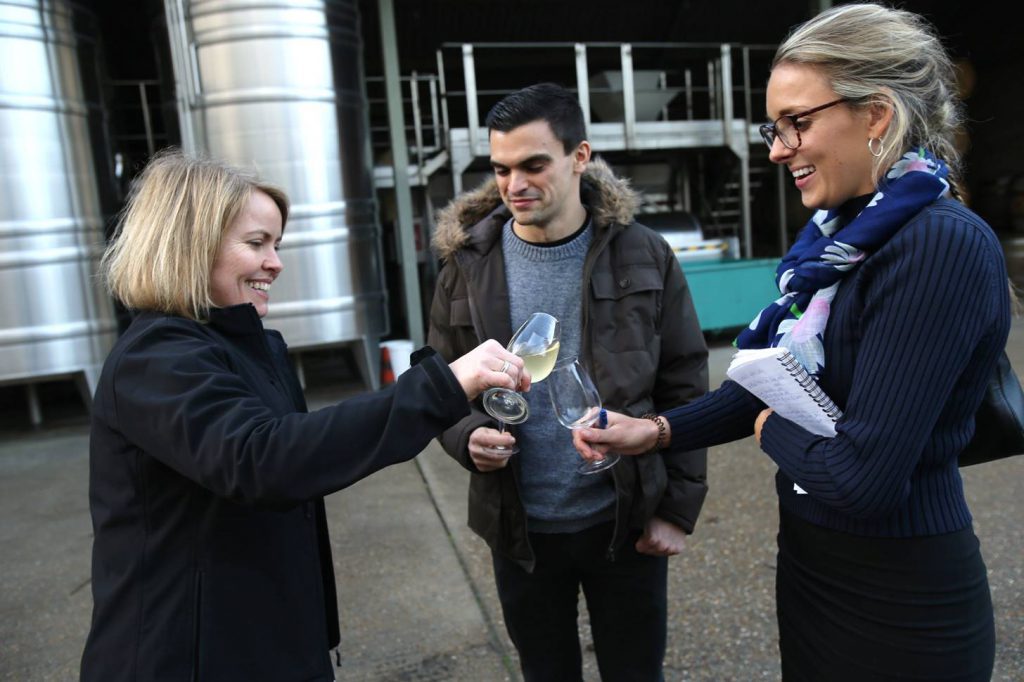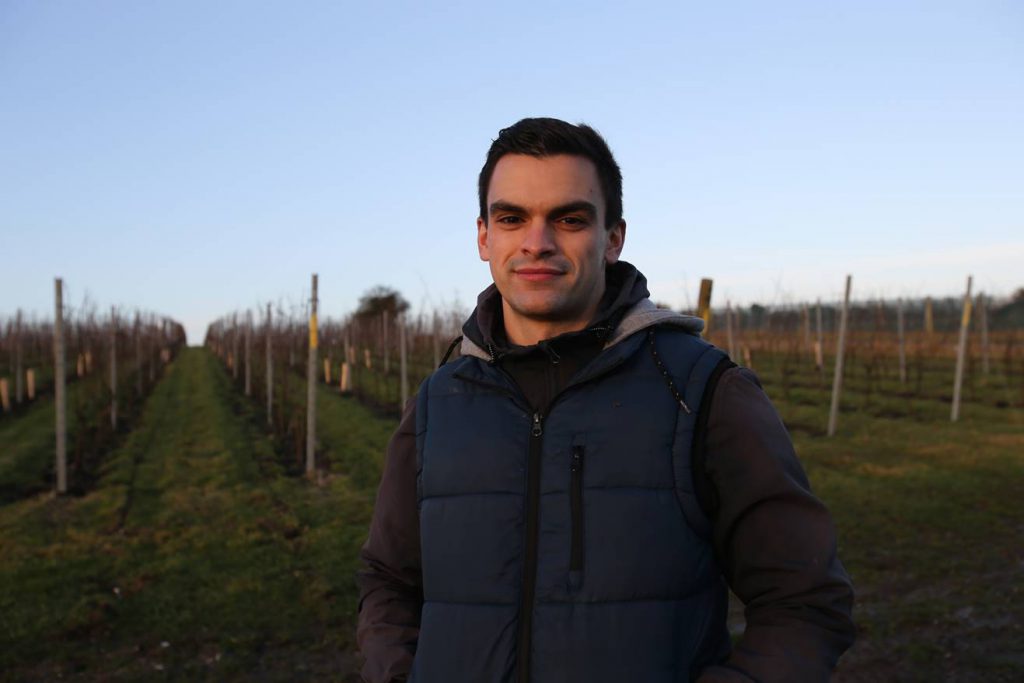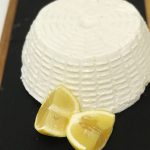 We had the pleasure of visiting Hattingley Valley last week to learn more about our biodynamic wine and the process it undergoes; from harvest to bottling.
We had the pleasure of visiting Hattingley Valley last week to learn more about our biodynamic wine and the process it undergoes; from harvest to bottling.
Biodynamically grown here at Laverstoke, the Pinot Meunier, Pinot Noir and Chardonnay grapes are carefully handpicked and taken straight to Hattingley that day to be pressed.
‘We take pride in our soil, so it was natural for us to grow biodynamic grapes, where we can produce the unique grapes that our vineyard has to offer, thus making a unique wine, with a balance and qualities that are exclusive to our vineyard’
Head winemaker at Hattingley, Emma Rice, took us on an enlightening tour around the winery. She explained how the quality of the harvest each year determines the yeast levels and the success of fermentation. Every year the percentage of each grape will slightly differ dependent on the yield, which enables us to bring a unique Sparkling wine to our range every few years.
We were delighted to try the base wines from our 2017 harvest, which got our taste buds tingling for the 2013 release this spring.
Many have heard of organic wine but you may be wondering what differentiates biodynamic wine to regular wine?
We interviewed our vineyard manager, Paulo, to ask him all about what makes ours biodynamic and the advantages of this.
“I would say the main difference is our approach to the fruit that translates into the wine. We treat our vineyard, soil and surrounding ecosystem as a whole, trying to create a balance between these elements, so we can get healthier plants, more resistant to diseases and stress caused by weather conditions. We use natural products as well as biodynamic and homeopathic preparations and we often schedule seasonal operations according to the biodynamic calendar.
With biodynamic wine you get the grape’s true terroir – a sense of place, where the grapes truly reflect the soil and environment in which they are grown. Each vineyard site is different from all others, whether it’s its soil, slope, expose to wind or microclimate.
When you treat the grapes as just a product and use synthetic chemicals and fertilisers, the importance of the soil starts to decline and you end up with grapes that are very similar to others, losing its unique qualities.
We believe 90% of farming comes from the soil, so it was natural for us to grow biodynamic grapes, where we can produce the unique grapes that our vineyard has to offer, thus making a unique wine, with balance and qualities that are exclusive to our vineyard.”





